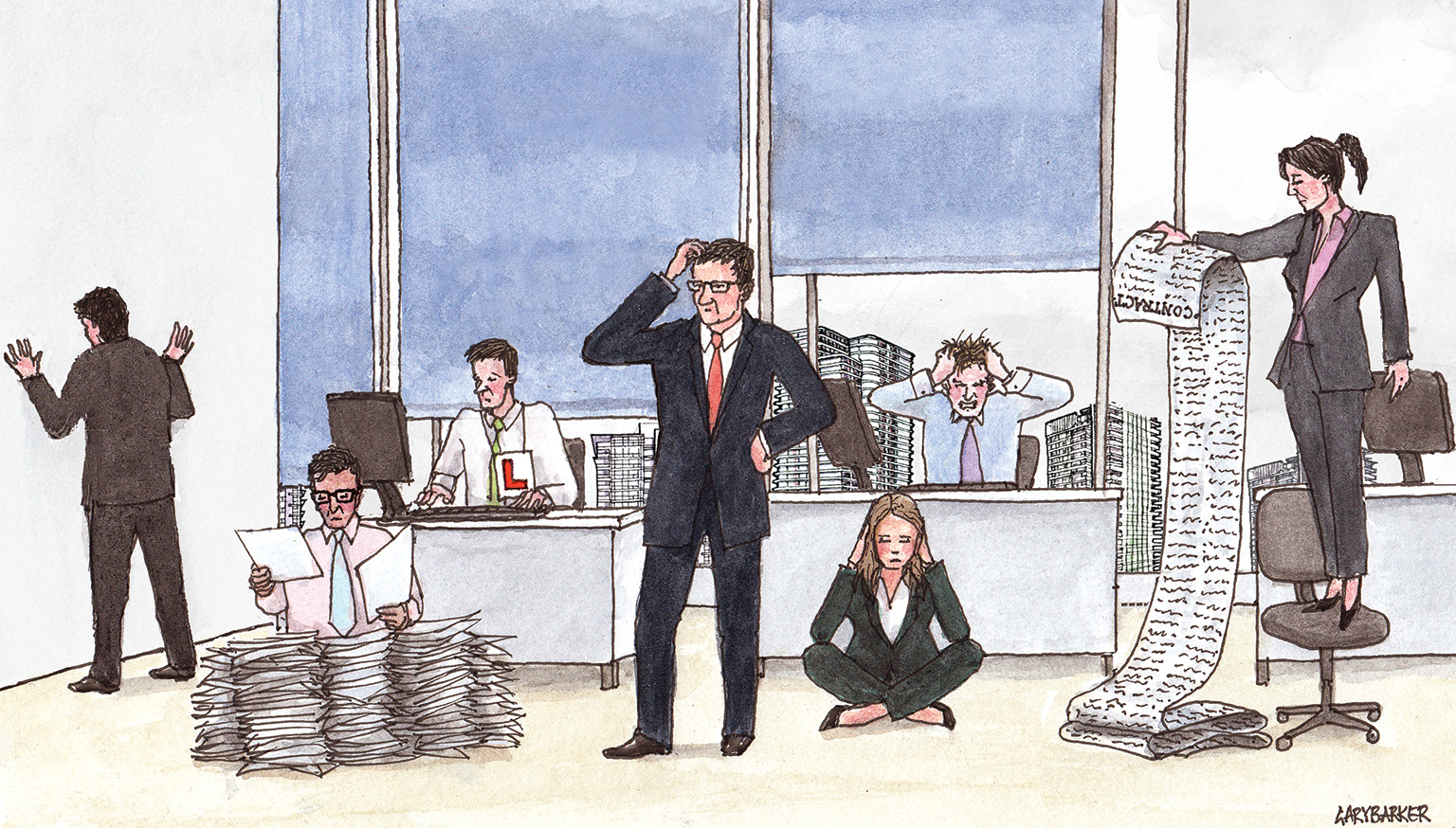I have been lured back out of columnist retirement primarily because the markets have finally turned and life is becoming more challenging and therefore more interesting. The peak is some way behind us now and most of those looking to cash in at the top have missed the boat.
With quantitative easing we remain somewhere on the time line of the greatest economic experiment in history, but we just don’t know where and how it will all end. Imported deflation could see us tracing Japan’s steps with perhaps ten years or more of zero capital growth. It’s not impossible.
Some large quoted property company shares are now priced at thumping discounts to NAV compared with a short time ago when they commanded premiums. The stock market is telling us to hold on very tight for the ride ahead.
Flaws overlooked on bull market purchases are deal stoppers today and many opportunity funds have silos full of tertiary real estate that will have to be sold – and that market remains wafer thin.
The debt markets are constrained by the homogeneity of conventional, highly regulated bank money. Challenger banks’ more agnostic, free-flowing capital is likely to move to more lush pastures if values and LTVs are perceived to be under threat, and so the debt cycle will partially reverse.
The greatest short-term risk today is with bonds, where liquidity has reduced and pricing volatility increased.
A negative spike in value could precipitate a flood of retail redemptions, which in turn could prompt further disproportionate downward pricing spirals. The correlation between bond yields and property values has become enormously revered but it is in my view misguided: one is a function of GDP prospects and the other isn’t.
Much property has been acquired because it offers an income stream, but its quality and sustainability is often not scrutinised carefully enough. Vast amounts of capital have been lured into this space chasing yields lower and lower with little regard for income sustainability, which relies on GDP growth – about which I have significant doubts.
Some players who joined the investment market in the past five years have little notion of the realities of real estate, which is fundamentally a business of selling space to generate income. Momentum investing delivers the fortunes if you get it right but between swings, for assets to survive well, they must be understood while they can’t be sold profitably.
I see an awful lot of bull-market, spreadsheet-junkie MBAs out there today but I don’t detect a lot of experienced people who have the property skills for the next much more demanding stretch of the cycle.
On a brighter note, equity today is much stickier and debt markets much more tempered than prior to 2008, which will prevent the correction that is likely in the near future from becoming a collapse. If the economy is slowing, so too is the pressure on rates to rise.
The proportion of money made in the next few years will be all about income and not capital growth, which will be anaemic at best.
Brace yourselves to start sweating income assets – the glory days of guaranteed capital growth are over for now.
Nick Leslau is chairman of Prestbury Investments












